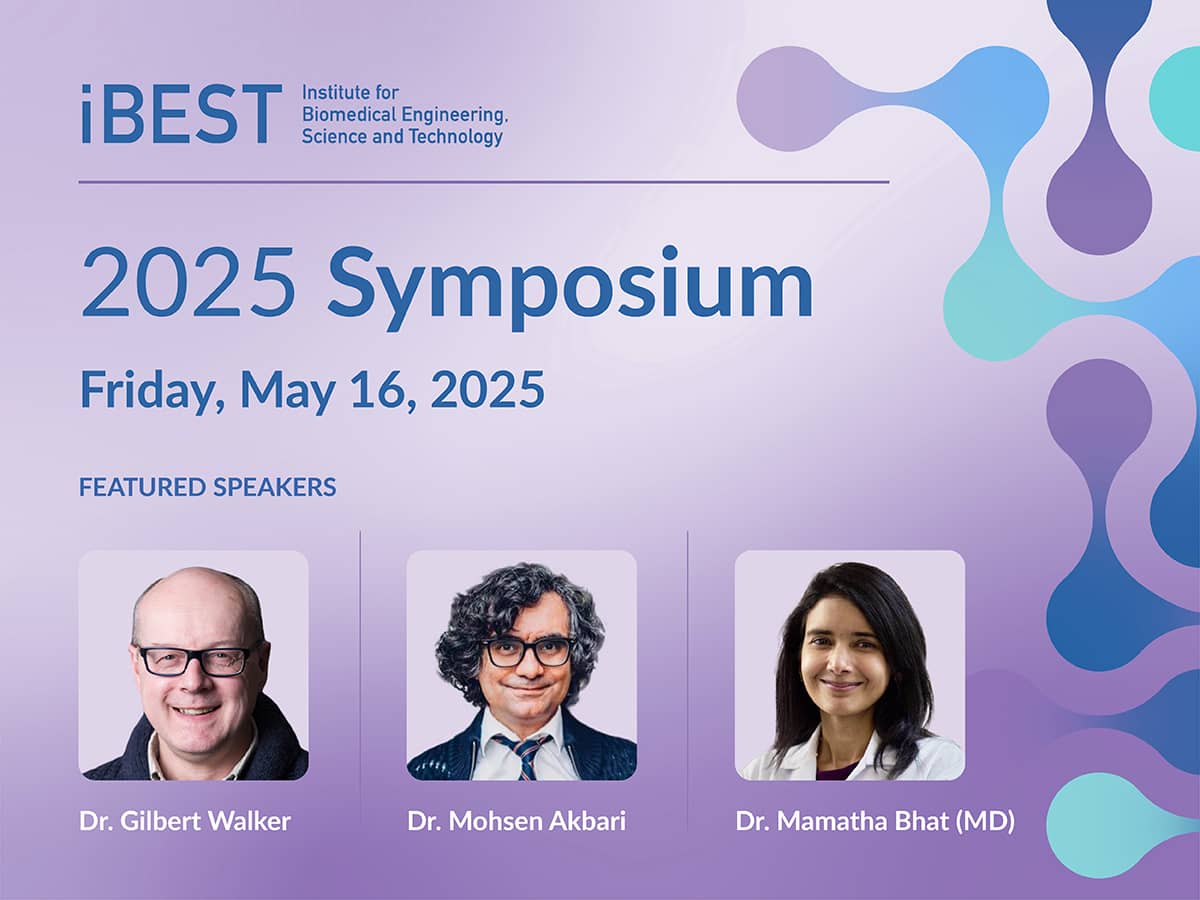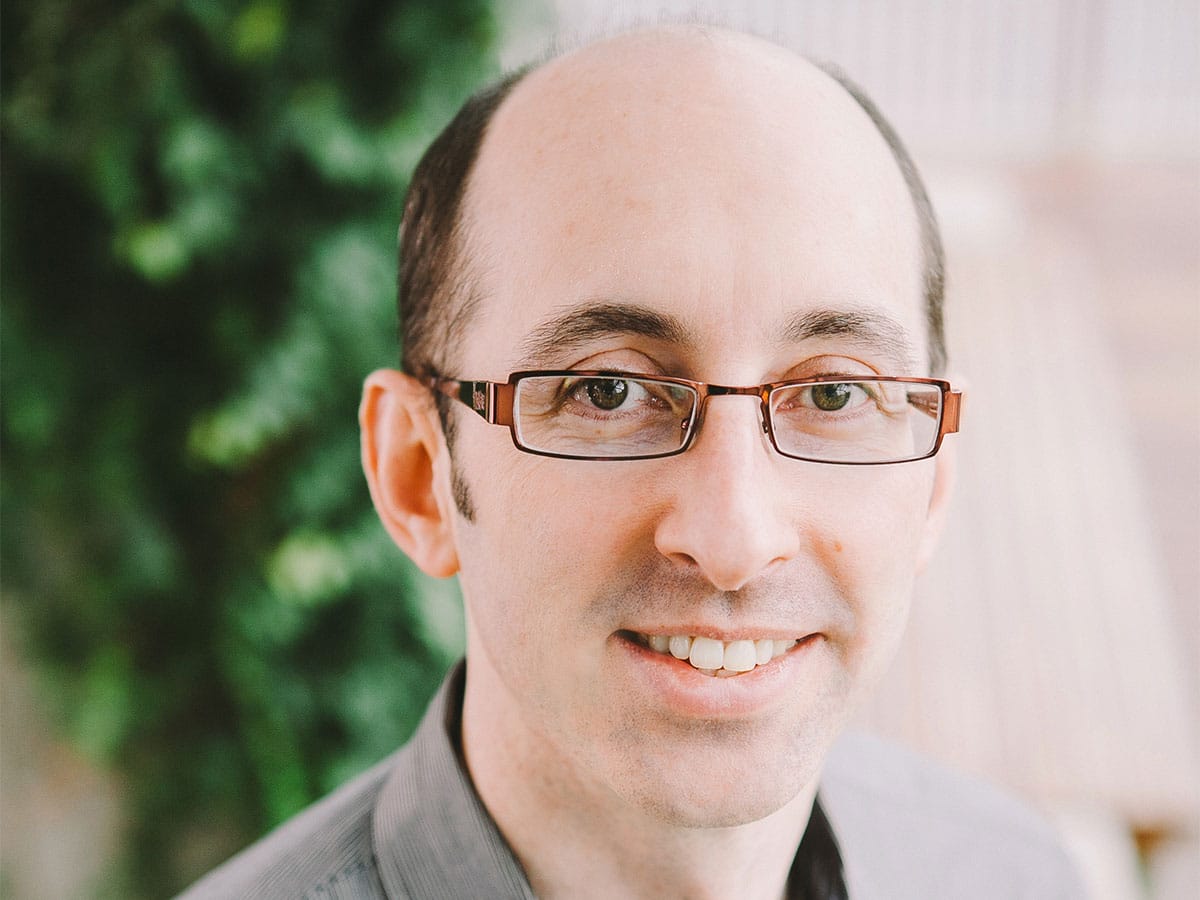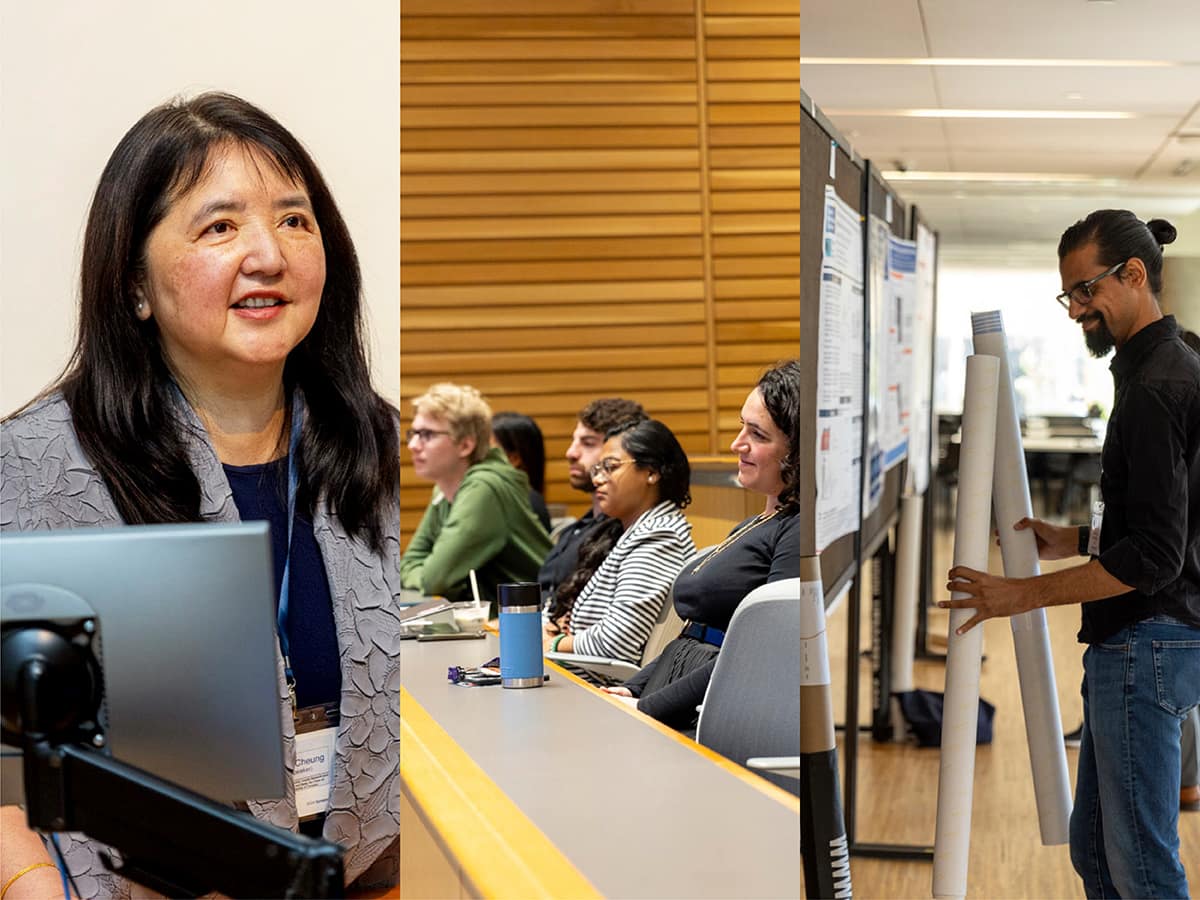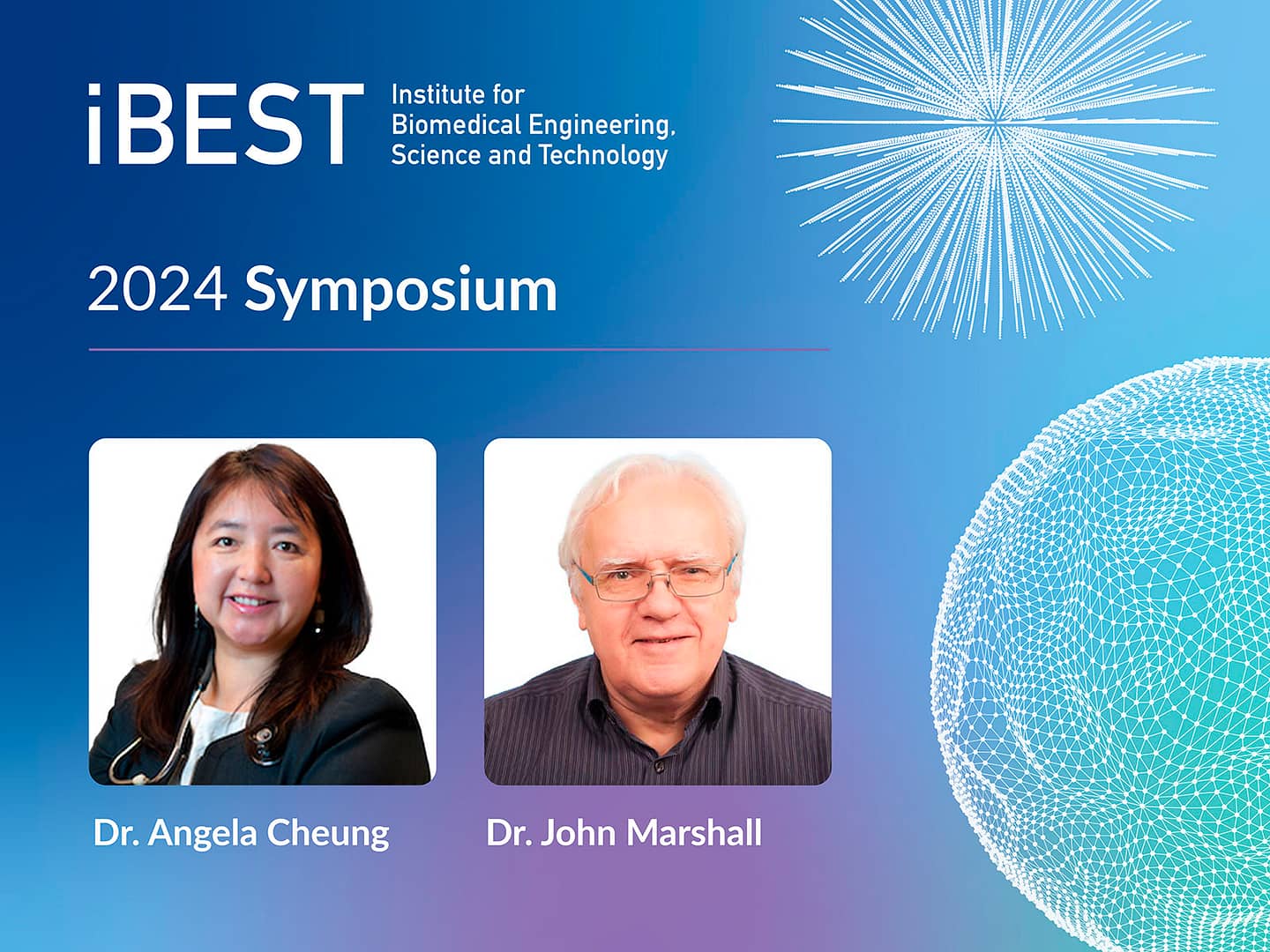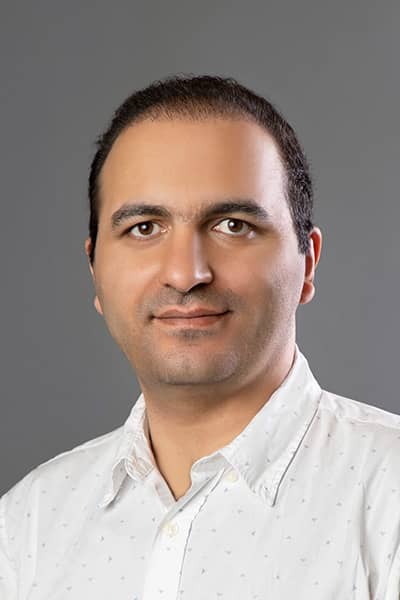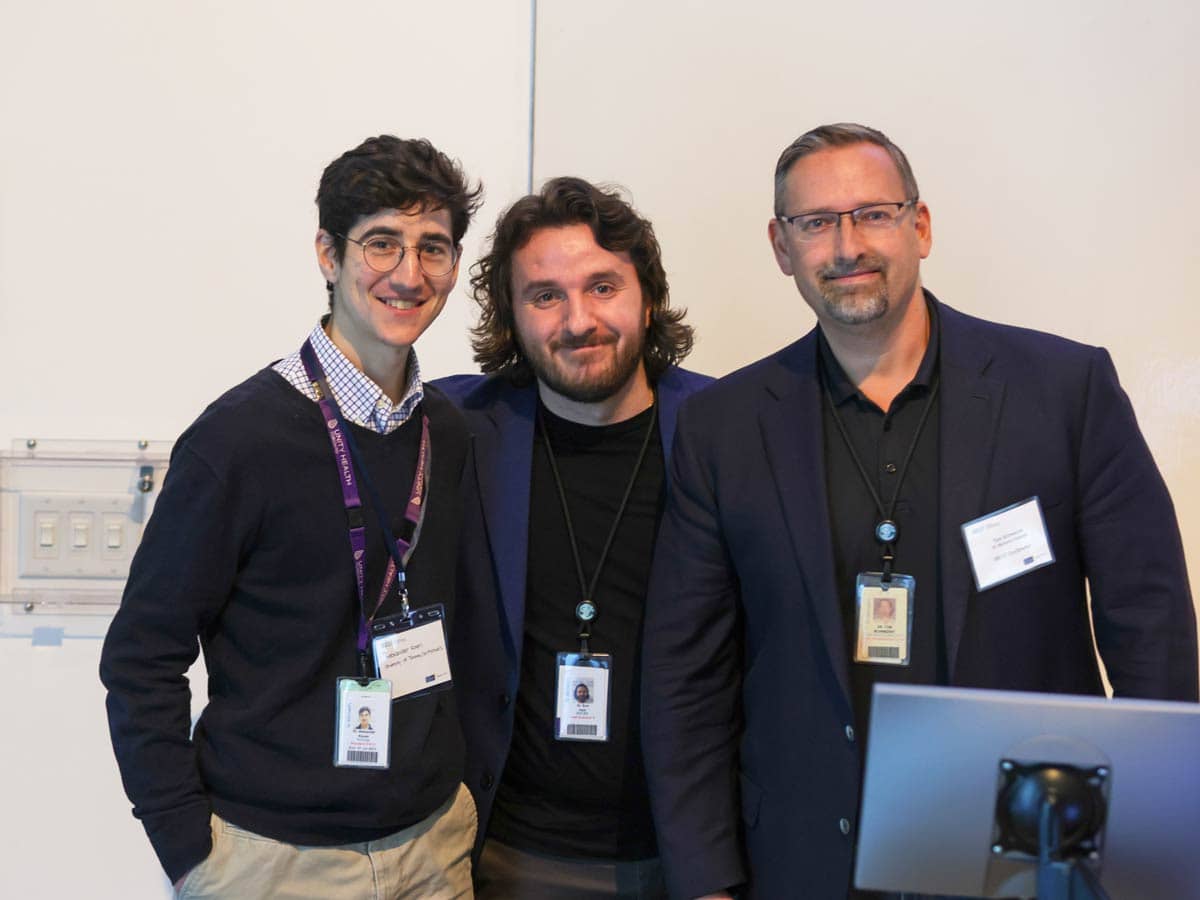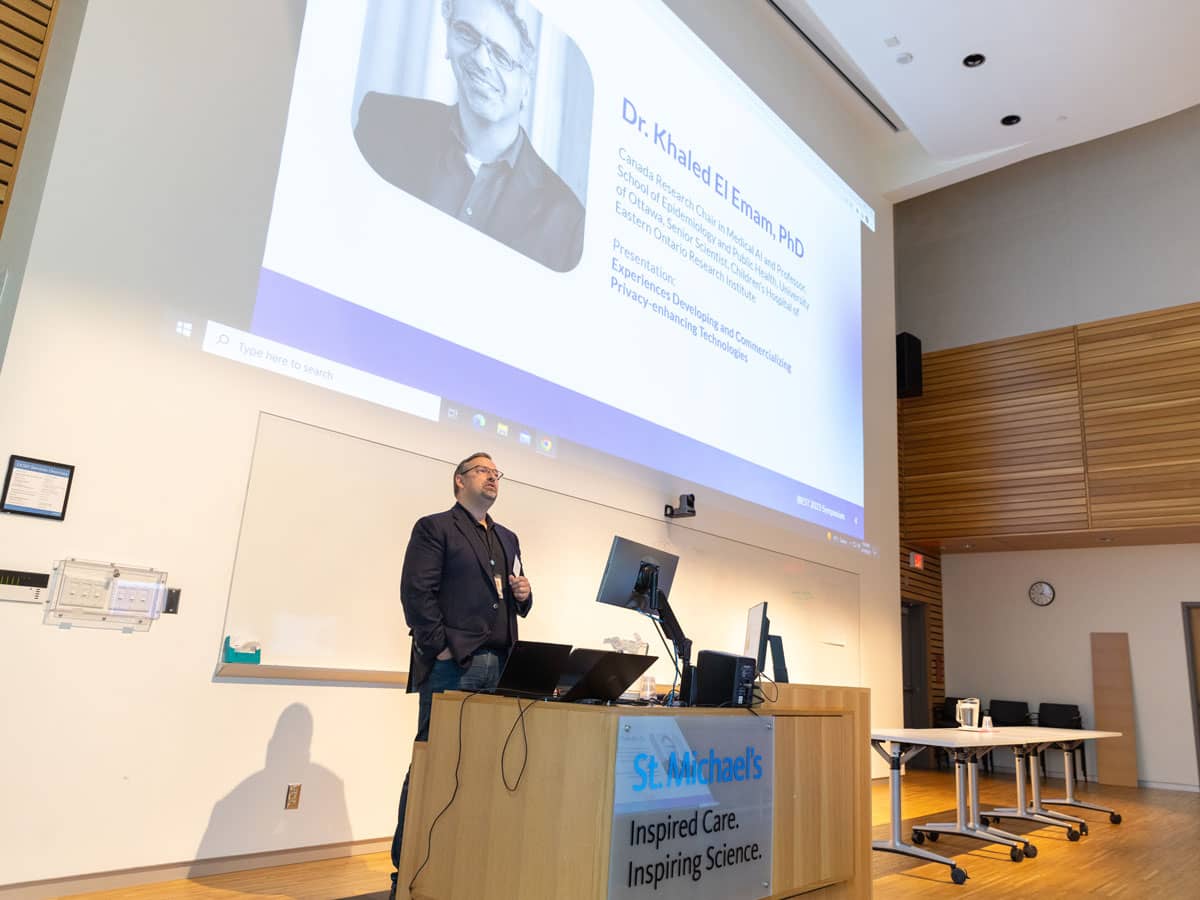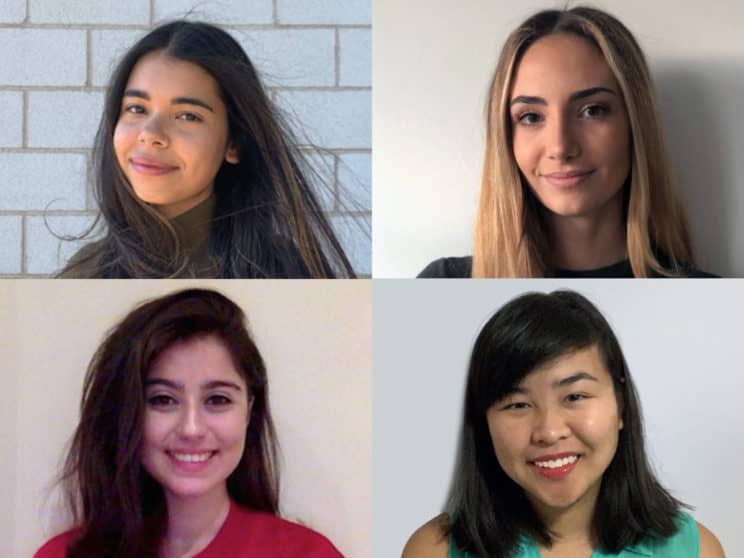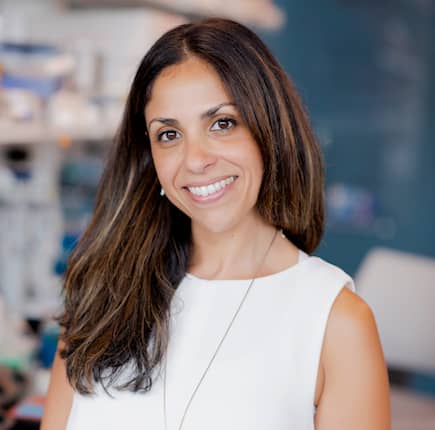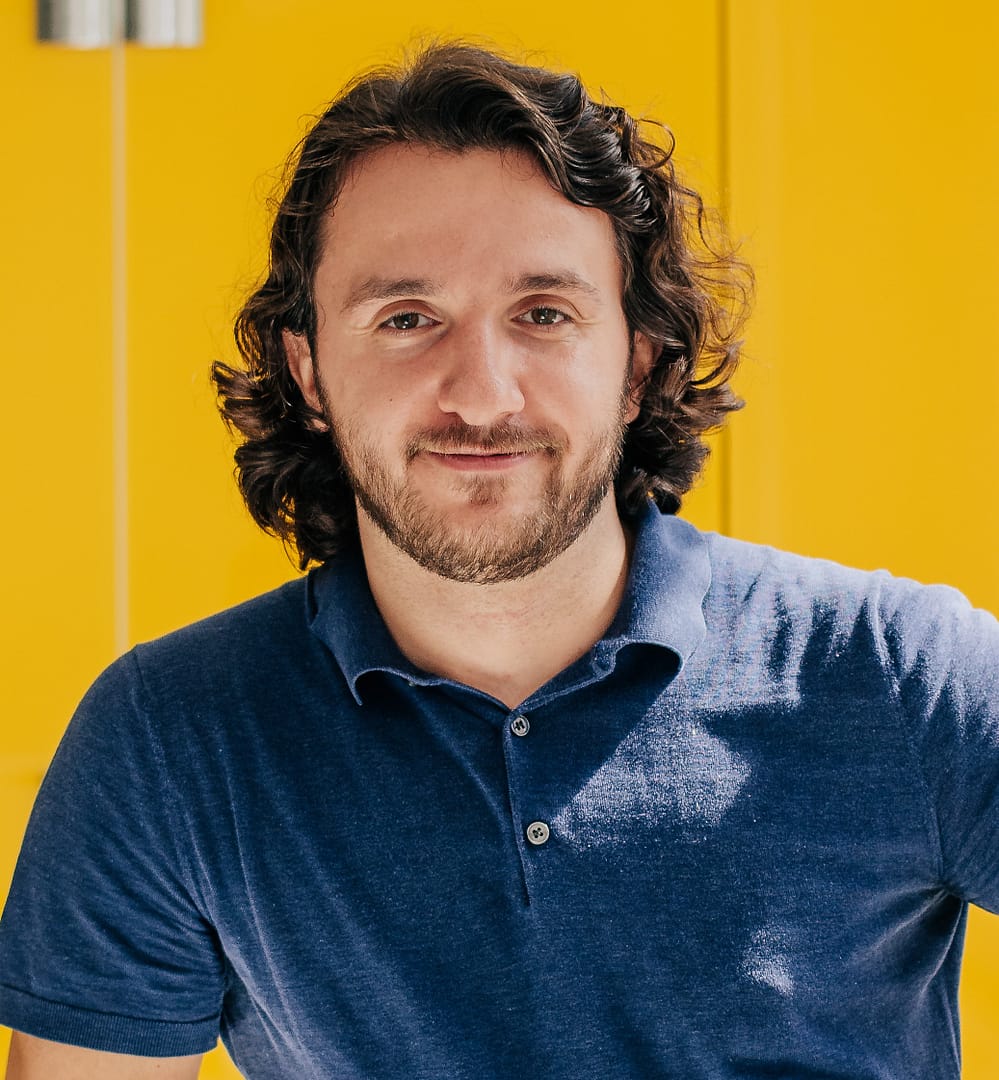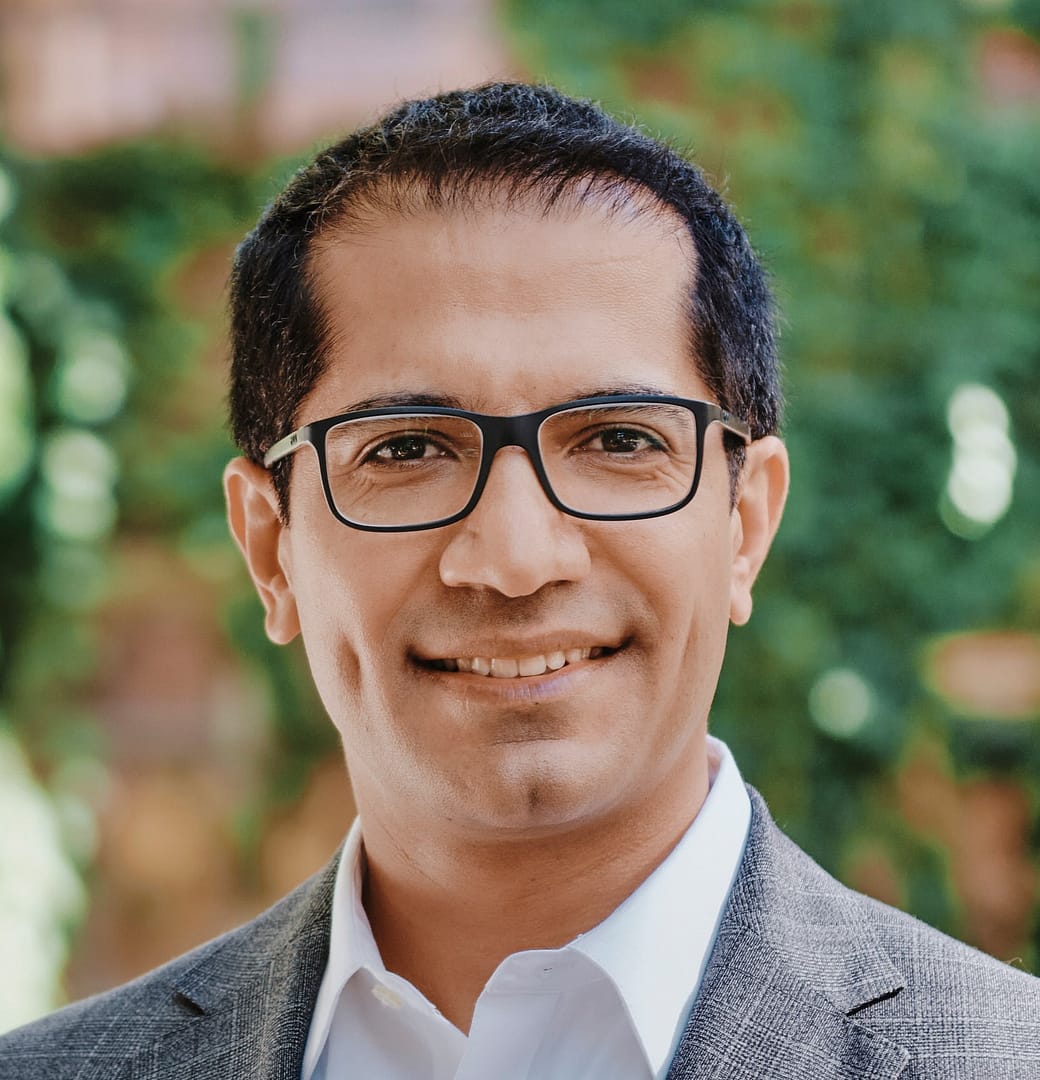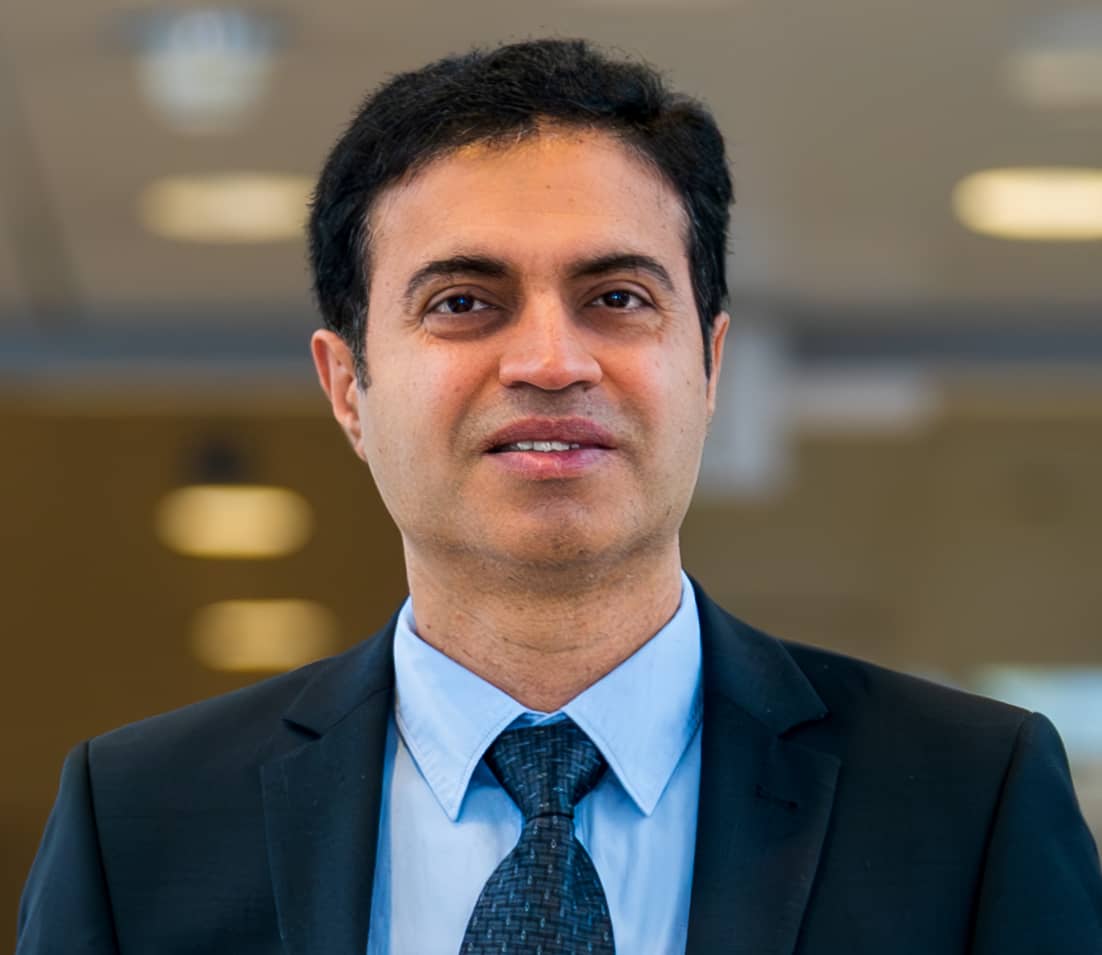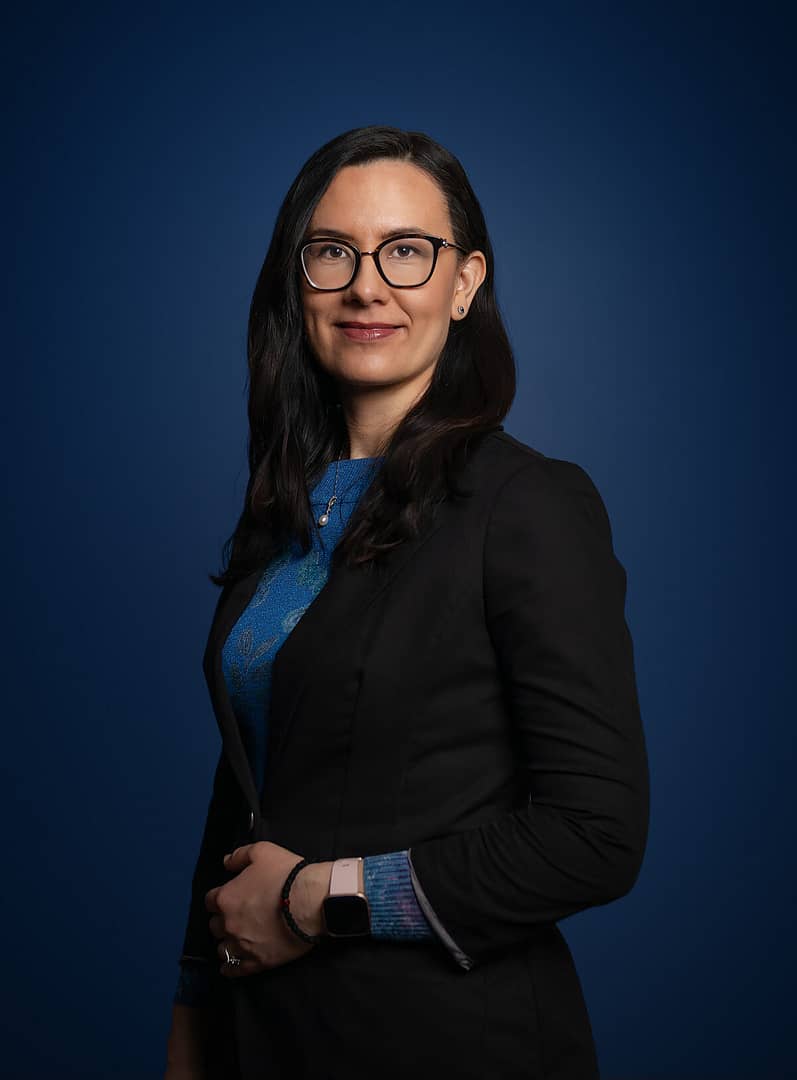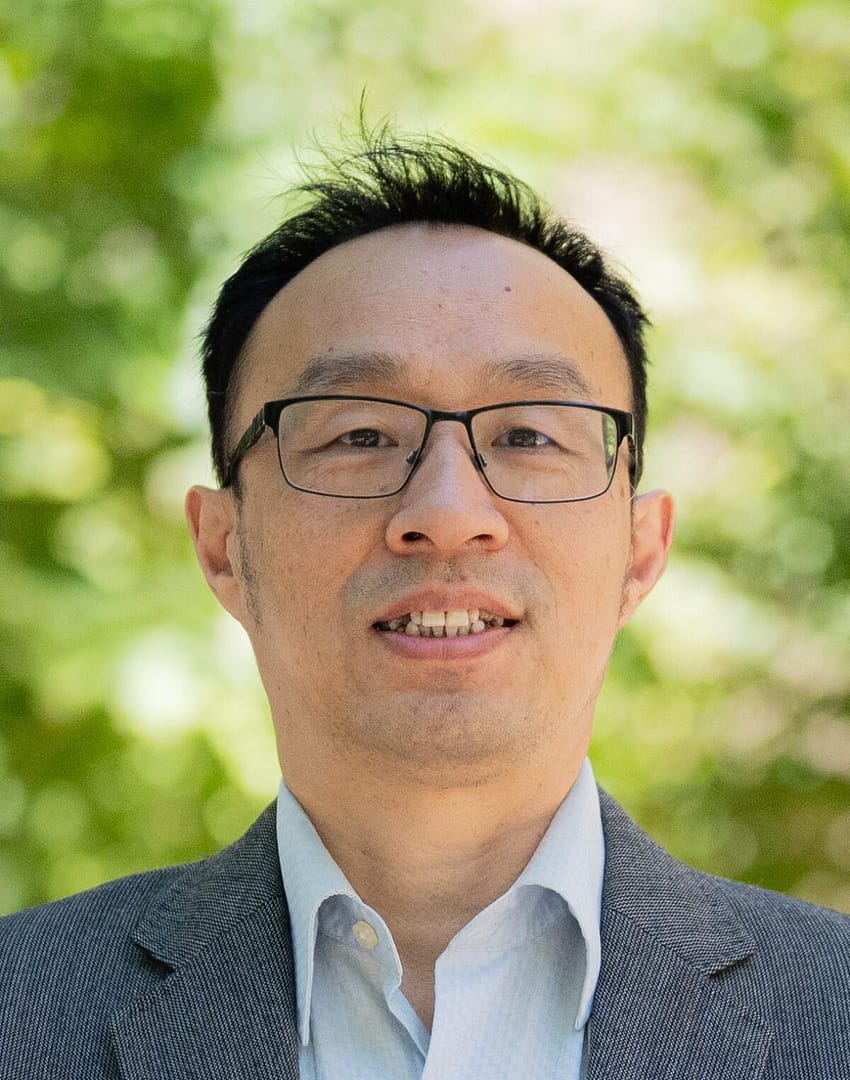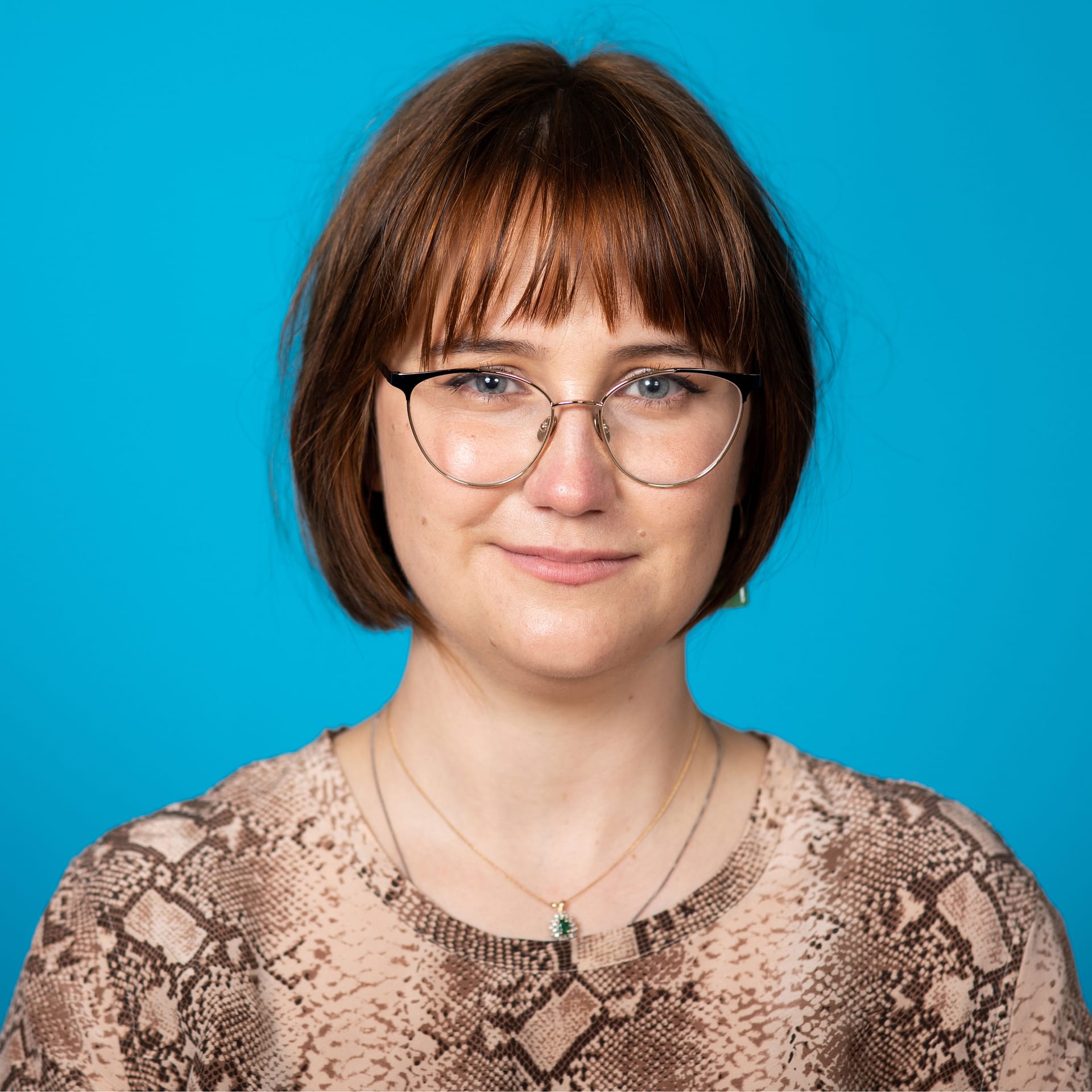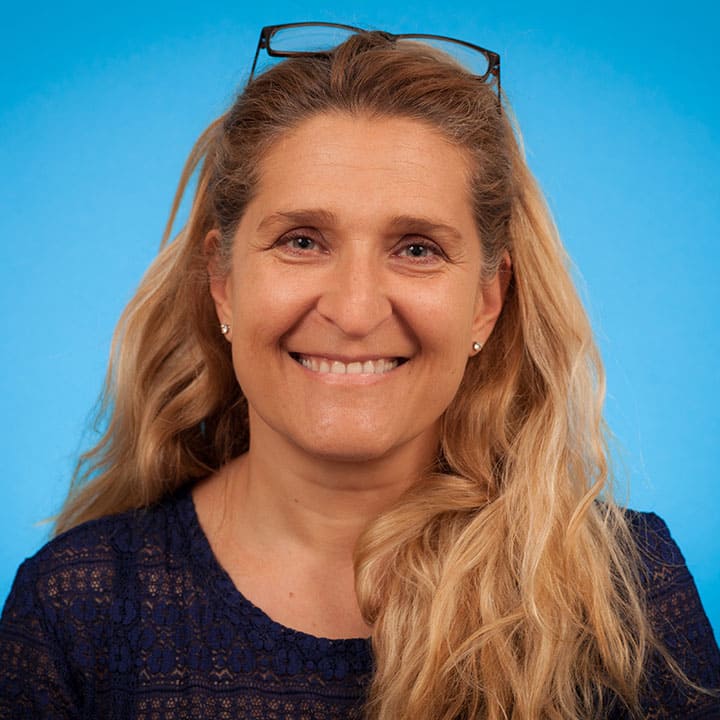Advances in tissue and disease engineering, machine learning, artificial intelligence and microfluidics are transforming how we treat brain cancer, how we understand liver disease and how we create more effective drugs. This year’s Institute for Biomedical Engineering, Science and Technology (iBEST)’s upcoming annual Symposium, on Friday, May 16, 2025, will focus on the intersection of medicine, science and engineering to create innovative solutions that are rapidly advancing our understanding of disease and treatment.
Advances in Drug Delivery Technologies
The first session of the day, Lipid Nanoparticles and Microgels for Diagnostics and Therapeutics, will be hosted by Dr. Gilbert Walker, professor of chemistry at the University of Toronto. Dr. Walker is a co-Director of BioHubNet at the University of Toronto, which aims to advance training in biomanufacturing. Since the pandemic, there has been heightened interest in lipid nanoparticles used in mRNA vaccines like Pfizer/BioNTech’s Comirnaty and Moderna’s Spikevax. Dr. Gilbert’s research focuses on using tiny fat-like molecules (lipid nanoparticles) or microgels to deliver drugs or imaging agents in a more targeted and controlled fashion, with the aim of reducing side effects and achieving better patient outcomes.
The first morning session begins at 9:15 a.m.
Translational Models in Biomedical Innovation
Dr. Mohsen Akbari is a professor in Mechanical Engineering who changed the course of his career when cancer hit close to home. Witnessing his mother unsuccessfully go through six years of chemotherapy and radiation inspired Dr. Akbari to apply his knowledge of engineering to the medical field, where he could impact the quality of life for cancer patients. He went on to explore microfluidics in his post-doctoral fellowship at Harvard Medical School and is now a professor and the Director of the Laboratory for Innovations in Microengineering (LiME) at the University of Victoria.
Dr. Akbari’s talk will focus on his current work on micro and nano technologies, tissue engineering, and tumour-on-a-chip applications to treat glioblastomas, aggressive brain and spine tumours. The rapid progression of these tumours requires a targeted and accelerated response. Using microfluidics and genome sequencing, Dr. Akbari and his team work to produce many identical tumour samples for testing single and combined treatments in vitro to create individualized treatment plans for patients for the best possible outcomes. “I realized there was a huge potential to develop tools that can be used to design a treatment strategy that is highly specific to a patient’s needs,” Dr. Akbari said. “There is an optimum dose of drug that kills bad cells and at the same time doesn’t impact good cells. The goal is to treat the patient with minimum side effects.” This method bridges the gap between conventional animal testing and cell culture testing, accelerating the process when time is of the essence.
The second morning session begins at 11 a.m.
Machine Learning and Artificial Intelligence in Biomedical Research
Dr. Mamatha Bhat is a Hepatologist and clinician-scientist at UHN’s Multi-Organ Transplant Program and U of T’s Division of Gastroenterology. As a physician, Dr. Bhat’s work focuses on liver transplant patients. Dr Bhat’s talk will explain how she uses machine learning and AI with the goal of creating better patient outcomes. “I was constantly looking at patterns in my data and trying to understand if a certain approach would be ideal for one patient versus another. It was clear that a one-size-fits-all approach was not the best approach.”
As patients age, their cases become more complex, as there are more factors to consider in their care. To consider these complexities fully, machine learning is required.
“The human brain cannot consider more than seven variables simultaneously,” Dr. Bhat said. With AI, the traditional considerations such as sex, ethnicity, genetics, BMI, diabetes, and immunosuppressive regimens can be considered in tandem with other factors such as electronic health record data, imaging technologies, histology and more.
By creating a multi-disciplinary team of computer scientists and bioinformatics experts matched with her clinical expertise, Dr. Bhat has developed methods to assess the risk for liver transplant patients over longer periods of time. In her talk, she will discuss how these tools are impacting patient treatment plans as well as creating a better prioritization system for the liver transplant waitlist.
“Dynamics are important in medicine,” Dr. Bhat said. “When we consider dynamics and more variables, we end up doing a better job ranking patients and considering their risks.”
The afternoon session begins at 2 p.m.
The upcoming iBEST Symposium will be held in person on Friday, May 16, 2025, at the Li Ka Shing Knowledge Institute starting at 8:30 a.m. The symposium will feature guest presenters, trainee presentations, the annual trainee poster competition and networking opportunities.
Register for the Symposium and learn more about the event.
iBEST is a collaboration between Toronto Metropolitan University and St. Michael’s Hospital, Unity Health Toronto, that brings together science and engineering researchers and clinicians to develop health-care innovations.
